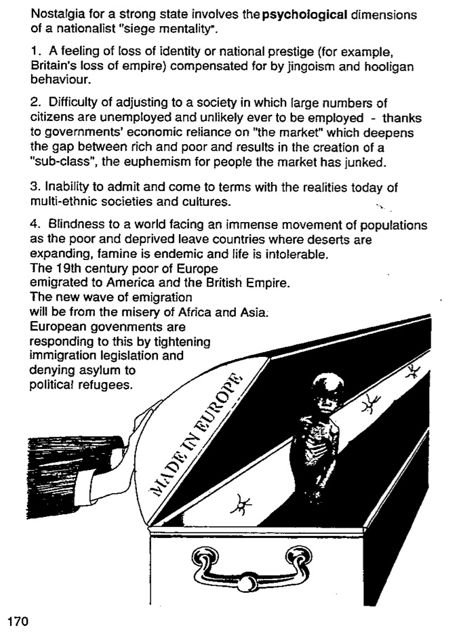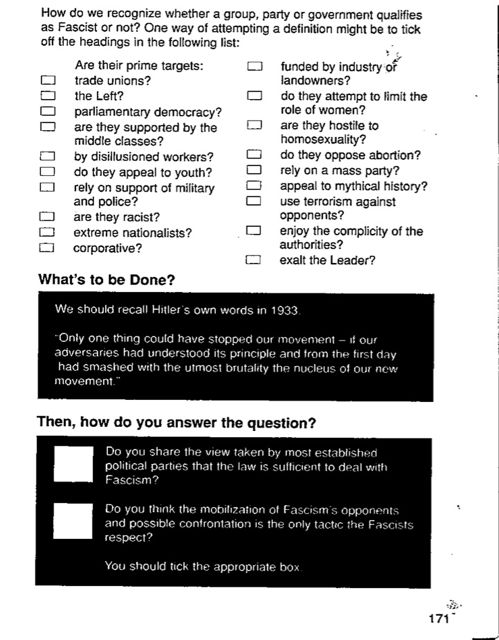Our Musical Dispatch from Saturday featured some Irish (Gaelic) language, with the usggestion that ‘Google Translate’ be used to make sense of it. Would this be ok for Ira Maine? Not on your life, this fellow, who has lived outside of Ireland for three-quarters of his long life choose to translate himself. This is what he wrote:
A cairde, (phonetically ‘Ah-kor-jeh (friends)
Conais ta tu? (Kannis taw two?) How are you?
Nil ac beagan Gaeilge agam (Kneel ock bee-yug-awn Gale-geh a gum,
I speak very little Gaelic,
B’mait liom caint Im Bearla.(bah wah lum coint immer-lah).
I would prefer to speak in English.
‘Tis a long time since I studied Gaelic at school so my attempts at the original spellings are probably pathetic. Nevertheless it was wonderful to see the old tongue set out correctly on paper. It was equally exciting to set myself the task of translation without reference to the translator. Luckily the bold Francis used only variants on Hail and Farewell. Had he addressed my brain with a question in mid-text I would indeed have been flummoxed and would have been forced to use the translator.
Your piece of advice in Gaelic seems to suggest;
“It would be preferable altogether if they all simply kiss my arse’
This is the rough gist, I think…no guarantees…
Which only serves to show that your penchant for scurrilous vulgarity has abated not a whit and may be catered to in any language!
Phonetically;
Guh merry mead bee-oh air un owm shuh areesh.
(May we be as healthy the next time we meet)
Slawn lat, (goodbye,which is all that’s left of; ‘May you always have ‘God By You’, in English)’
(Signed) Niall ORiada, (Me) oh Baile Ata Cliath (from Dublin) agus (and) Tolmie.
To which our original dispatchee replied
Ira Maine,
http://www.youtube.com/watch?v=dKj2ZPEY7pY
Was told the ‘Pogues’ took their name from that very common Irish expression.
For your information in Yuendumu there is a young lady that is a fluent Irish speaker (and rightly proud of it)
As far as I can work out:
They no longer call it Gaelic. They refer to it as Irish.
Middle aged people are either resentful about it being compulsory in school (and other matters such as a test in Irish for Gardia candidates), or wistful they didn’t learn it.
Younger people tend to embrace it, albeit most don’t master it.
I read a paper by an Irish linguist (now working in the U.S.A.) in which he claims that there are as many as 250,000 Irish speakers that have revived the language by talking it to their kids.
This is not the remnants (Galway etc.) on the west coast. This is a “new” Irish that evolved in the urban regions through sheer determination, and I guess could now be considered to be a dialect of Irish.
Anyway I’m glad you enjoyed the Irish theme Dispatch. I certainly enjoyed your response- and ‘godonya’ for forcing yourself not to use Google Translate.
During my brief visit to Ireland a few years ago what most impressed me was the Long Room at Trinity College – (a quasi-religious experience for a heathen like me)
What most delighted me was the story of how the poem of Pangúr Ban the cat came to be.
What most entertained me were the Dublin taxi-drivers that managed to combine comedy and philosophy.
What most amused me was the story of how the Irish language infiltrated Hollywood (the pigmies and other assorted fuzzy-wuzzies in the Tarzan films spoke Irish, and not always polite Irish at that)
……….. Franklin (Francis is the Irish equivalent I guess)



